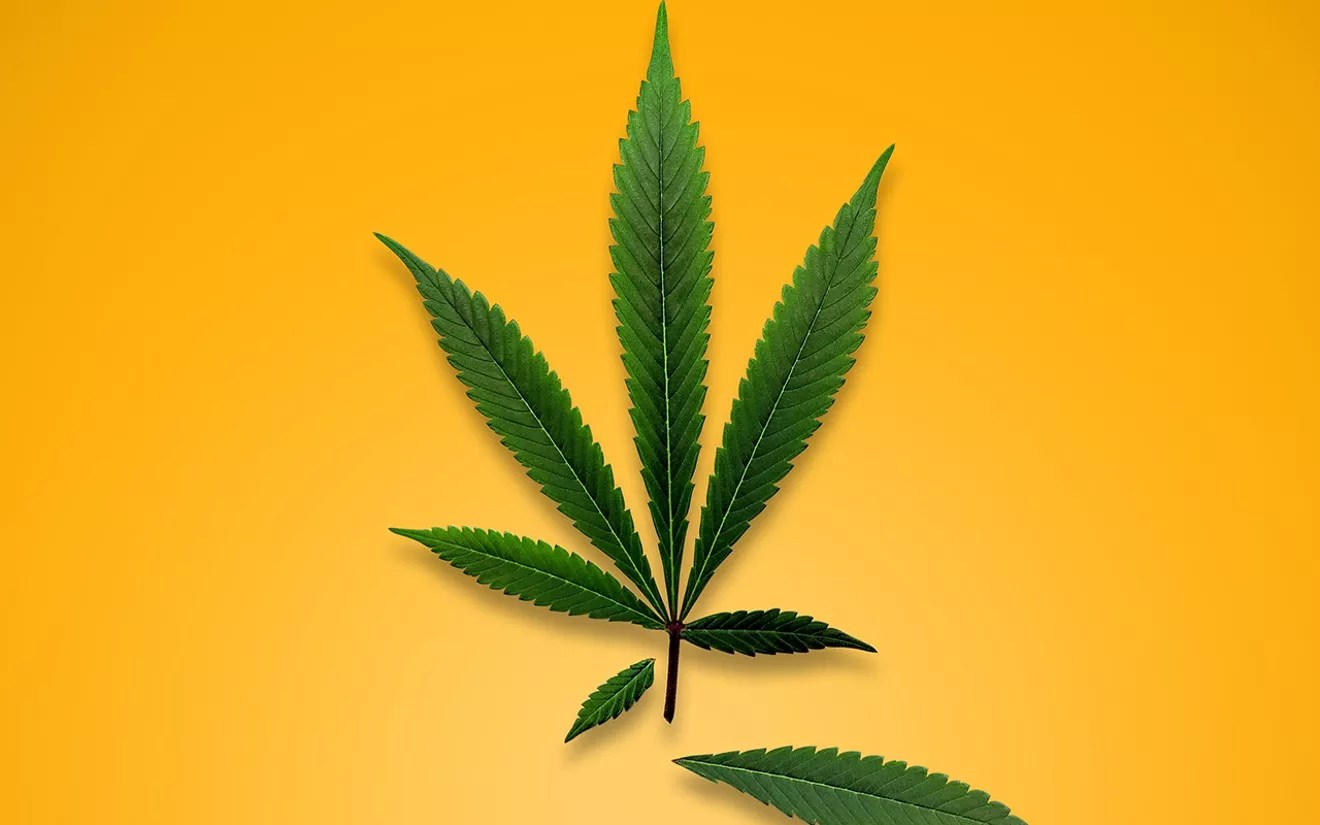
Westword

Audio By Carbonatix
A bill proposing expanded medical marijuana access was set for its first hearing today, February 16, but sponsors have already waved the white flag.
Senate Bill 23-081 would have removed restrictions placed on medical marijuana patients and doctors in 2022, while legalizing telemedicine medical marijuana evaluations and visits. The measure was scheduled to be heard by the state Senate Health & Human Services Committee, but the bill’s proponents have been told that Senator Kevin Van Winkle, the prime sponsor, will postpone consideration of the proposal indefinitely, without allowing testimony.
Although the bill had bipartisan sponsorship from four different lawmakers, it was set for a controversial path from the beginning. Much of the measure’s language would have rolled back parts of House Bill 21-1317, which created new rules for Colorado’s medical marijuana framework such as stricter limits on daily purchases and extra requirements for doctors who recommend medical marijuana.
The 2021 bill passed through the Colorado General Assembly quickly with little opposition from lawmakers, but medical marijuana activists hoped that new faces at the State Capitol following the November election would create a more welcoming atmosphere and the recreational pot industry would support them. They were wrong.
SB 081 was opposed by the American Academy of Pediatrics, Children’s Hospital Colorado, the Colorado Psychiatric Society and the Colorado Medical Society, among other groups, and didn’t receive any official support from the major players in recreational marijuana.
The medical marijuana restrictions were initially introduced by then-House speaker Alec Garnett, now Governor Jared Polis’s chief of staff, and then-Representative Yadira Caraveo, a licensed pediatrician who was elected to Congress in November. The bill was sponsored and championed largely by Democrats, who argued that consumption of high-potency THC products, such as THC oil, wax, shatter, live resin and rosin, was becoming a rapidly increasing problem among Colorado teenagers.
Colorado health professionals declared a state of emergency in youth mental health in 2021, listing marijuana as one of several contributing factors in rising mental illness and suicides among young people. Although youth use of marijuana in the state has remained flat since recreational legalization, use of extracted marijuana products has doubled since 2015; around 8.8 percent of all Colorado high school students surveyed about marijuana admitted to using extracted THC products within the last month in 2021, according to Colorado Department of Public Health and Environment data. Most of these products are consumed by electronic and manual vaporization, also known as dabbing, and have been shown to impact developing brains in people 25 and under.
There is no data linking teenage medical marijuana patients to a spike in youth marijuana use, but stronger restrictions for medical marijuana access and concentrated THC products were pushed by lobbies representing parents, health-care organizations and anti-legalization groups at the start of the 2021 legislative session. Since HB 1317 has taken effect, the number of registered medical marijuana patients ages eighteen to twenty went from nearly 3,500 to just over 1,500 in 2022, CDPHE data shows.
“Our organization provided credible evidence to the Colorado Legislature that the Colorado Medical Marijuana Program was a pipeline to our high schools and fed underage use of high-potency marijuana products,” One Chance to Grow Up co-founder Rachel O’Bryan said in a statement earlier this month. “The legislature responded with House Bill 21-1317, which closed loopholes that had allowed for the diversion of medical marijuana to Colorado kids.”
But the law has also impacted older and more vulnerable patients, according to Cannabis Clinicians Colorado, Advocates for Compassionate Therapy Now and parents of child medical marijuana patients who suffer from autism, epilepsy and other debilitating conditions. According to Cannabis Clinicians Colorado, just 300 of the state’s 27,000-plus licensed physicians are currently considered cannabis-friendly.
Supporters of SB 081 are hopeful that they can achieve some of their legislative goals through regulatory rulemaking or Polis’s office, but the bill’s death is another major defeat for medical marijuana advocates.
Although laws limiting home cultivation and changing the state’s medical marijuana caregiver program had already impacted the patient community, HB 1317 was “the single worst rollback of medical cannabis and patient rights” that Americans for Safe Access has seen in the country, according to a report from the cannabis policy reform group. In its most recent round of report cards for state medical marijuana programs, Colorado received an overall C+, with an F in the patient rights and civil protections category.